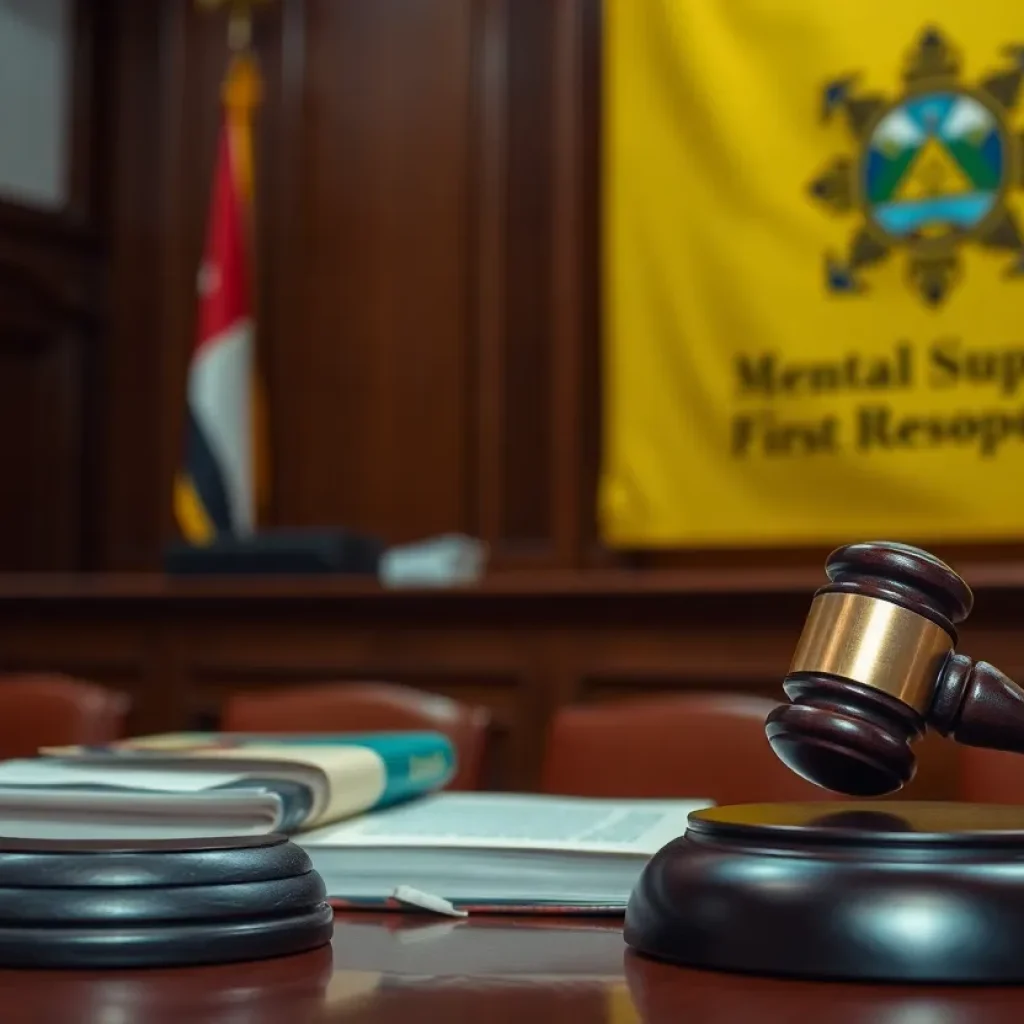

The Knoxville courtroom set to hear a landmark case on PTSD disability claims.
The Tennessee Supreme Court will hear a pivotal case on January 8 involving Matthew Long, a former Chattanooga firefighter seeking PTSD disability benefits. This case could redefine how such claims are evaluated, particularly for first responders. After being denied his benefits due to ambiguous policy terms, Long was vindicated in lower courts. The outcome of this hearing could have far-reaching implications for mental health support for first responders across Tennessee.
In an intriguing legal showdown, the Tennessee Supreme Court is set to delve into a significant case involving a former firefighter from Chattanooga. This case could potentially reshape the landscape for post-traumatic stress disorder (PTSD) disability claims, particularly for first responders across the state. The hearing is scheduled for January 8 at 9:00 a.m. EST and will take place in beautiful Knoxville.
Matthew Long dedicated an impressive 15 years of his life to serving as a firefighter in Chattanooga. His career was filled with moments of bravery and heroic acts, but it also exposed him to some of the most traumatic sights imaginable. In 2019, after years of responding to emergencies that often involved severe injuries and even fatalities, Long was diagnosed with post-traumatic stress disorder (PTSD).
After his diagnosis, Long applied for disability benefits from the Chattanooga Fire and Police Pension Fund. However, his journey took a twist when the Fund’s Board of Trustees denied his application. They argued that Long did not prove the events leading to his PTSD were “unexpected,” which was a critical requirement according to their policy.
Determined to challenge this decision, Long took his case to the Hamilton County Chancery Court. He labeled the denial as arbitrary and capricious. This dramatic turn of events brought the case into the legal spotlight the community has been talking about.
In a twist of fate, the Chancery Court found that the term “unexpected” in the policy was ambiguous and should be interpreted in a way that favors Long. The court then vacated the Pension Fund’s decision and awarded Long the disability benefits he desperately needed.
The story didn’t end there. The Court of Appeals backed Long’s victory, agreeing that the ambiguity in the policy should be resolved in his favor. This supportive ruling raised hopes among not only Long but also many others who face similar battles.
As the case inches closer to the Supreme Court, many are watching closely. If the Court sides with Long, it could pave the way for other first responders in Tennessee who are struggling with PTSD to receive the benefits they need. It might also lead to a notable shift in how policies are interpreted in terms of mental health support for those who put their lives on the line.
Mark your calendars for this pivotal moment in Tennessee’s judicial history. It’s a case that resonates deeply within our community and raises important discussions about the support we provide to our first responders in their times of need.
News Summary Recent council meeting in Hamilton County focused on improving children's health and education…
News Summary Chattanooga Mayor Tim Kelly has appointed Stephanie Cepak as the new press secretary,…
News Summary Chattanooga has achieved a landmark designation as the first National Park City in…
News Summary Chattanooga Mayor Tim Kelly has appointed Stephanie Cepak as the new press secretary…
News Summary Massachusetts Attorney General Andrea Campbell has united with 18 other state attorneys general…
News Summary Audrey Backeberg, who went missing at age 20 in 1962, has been found…